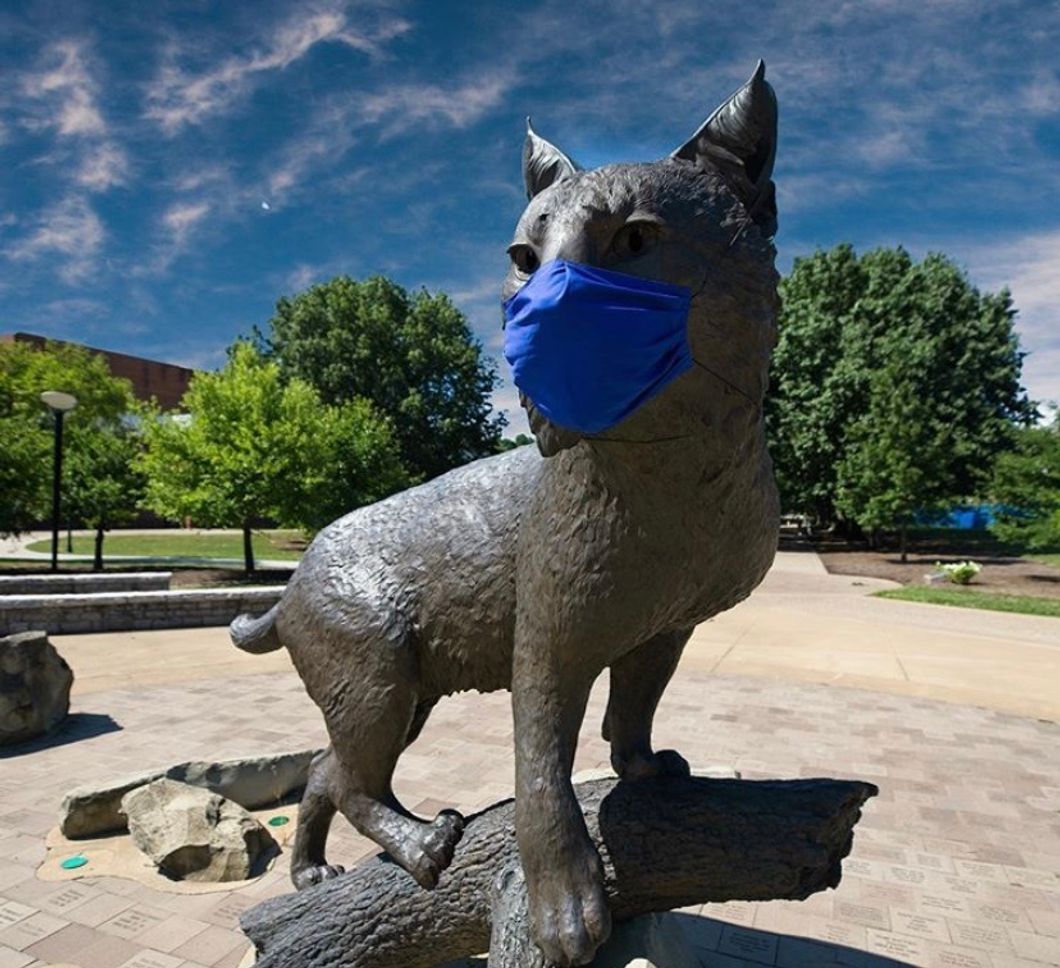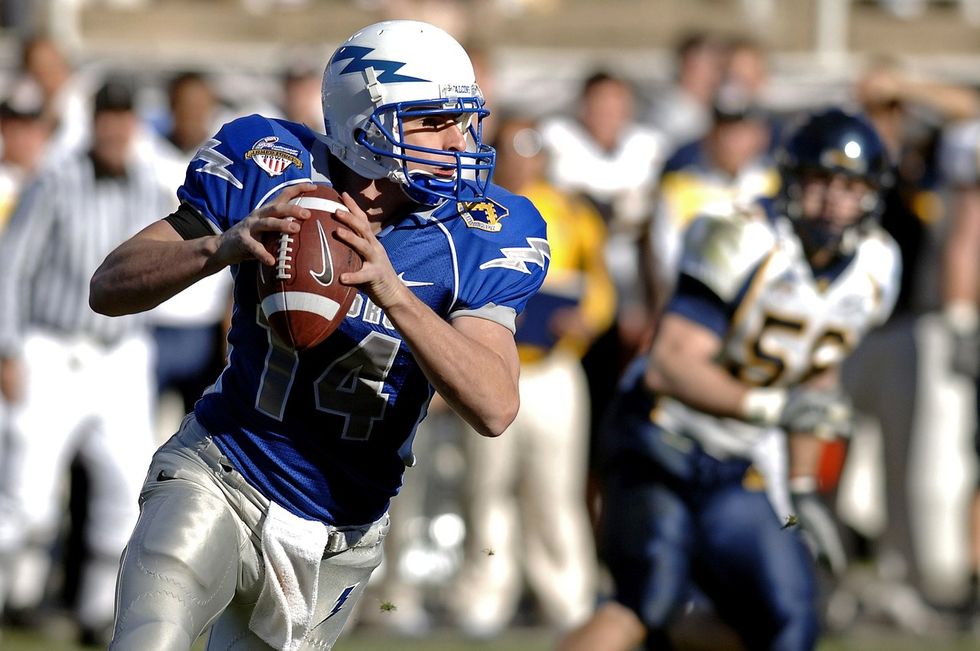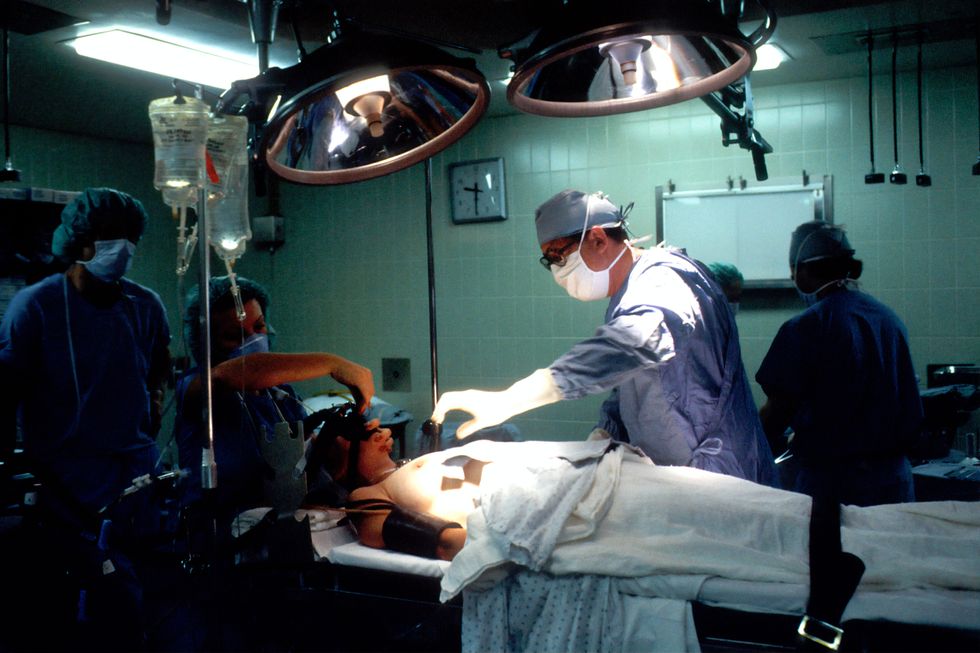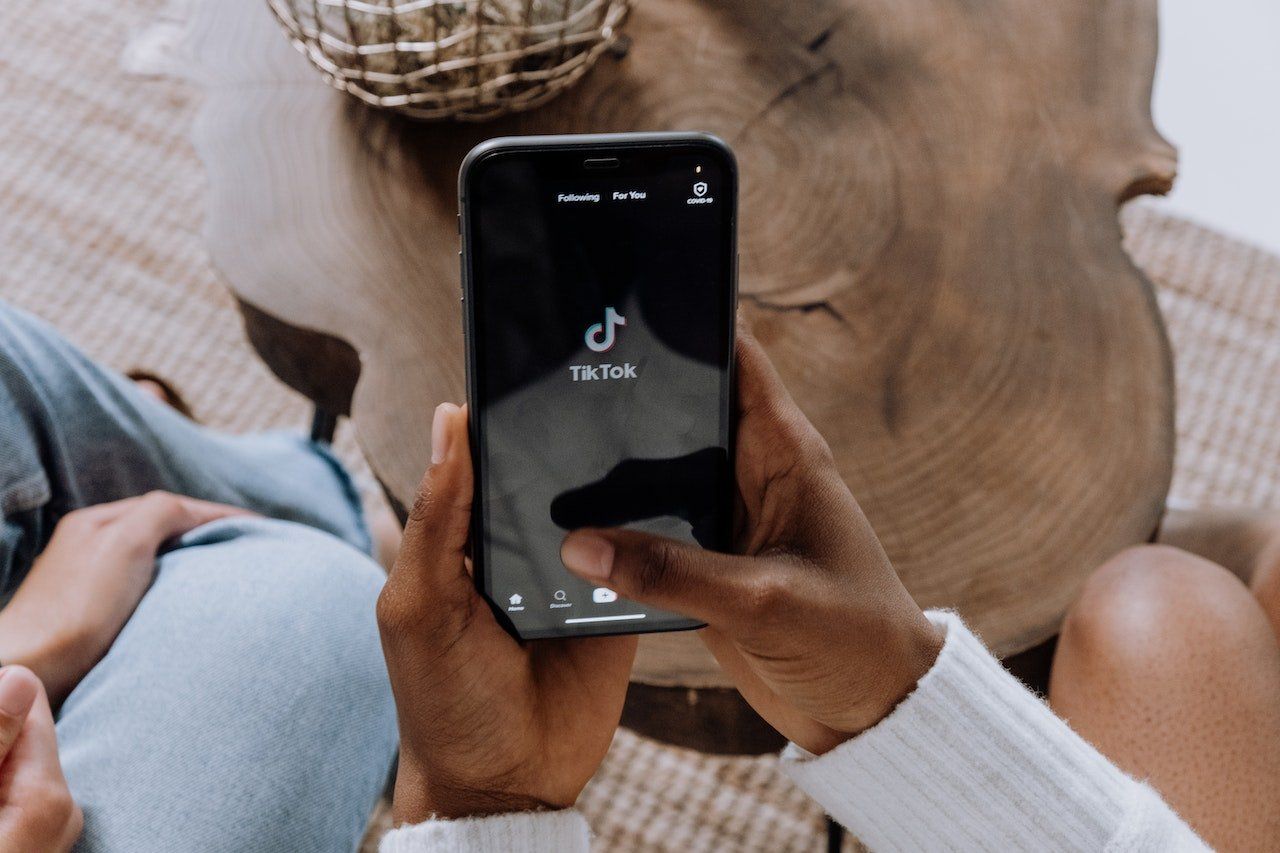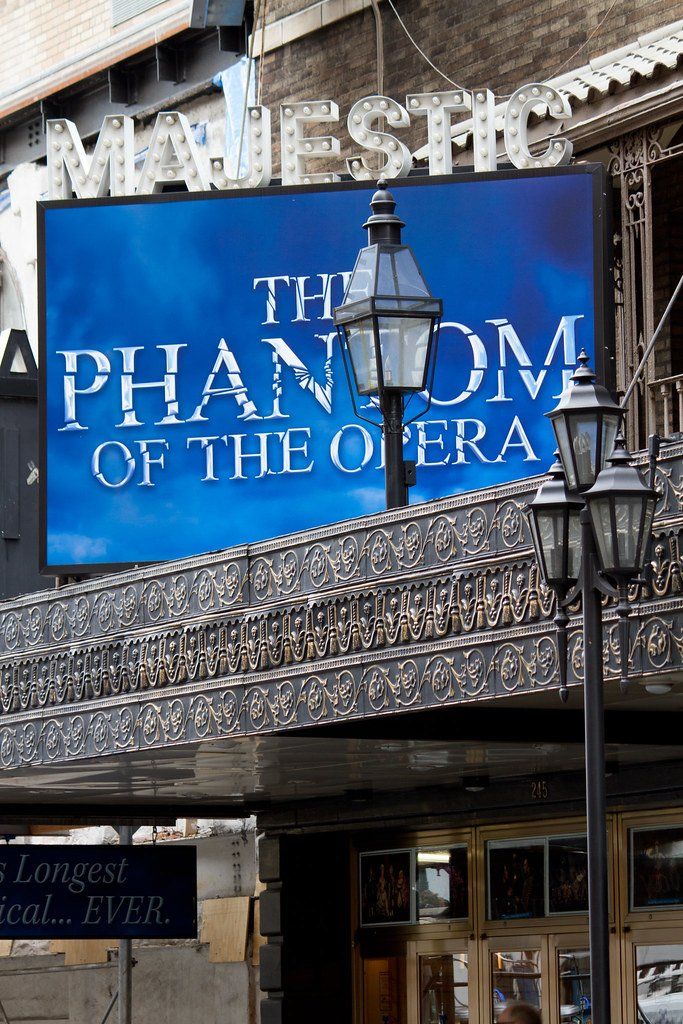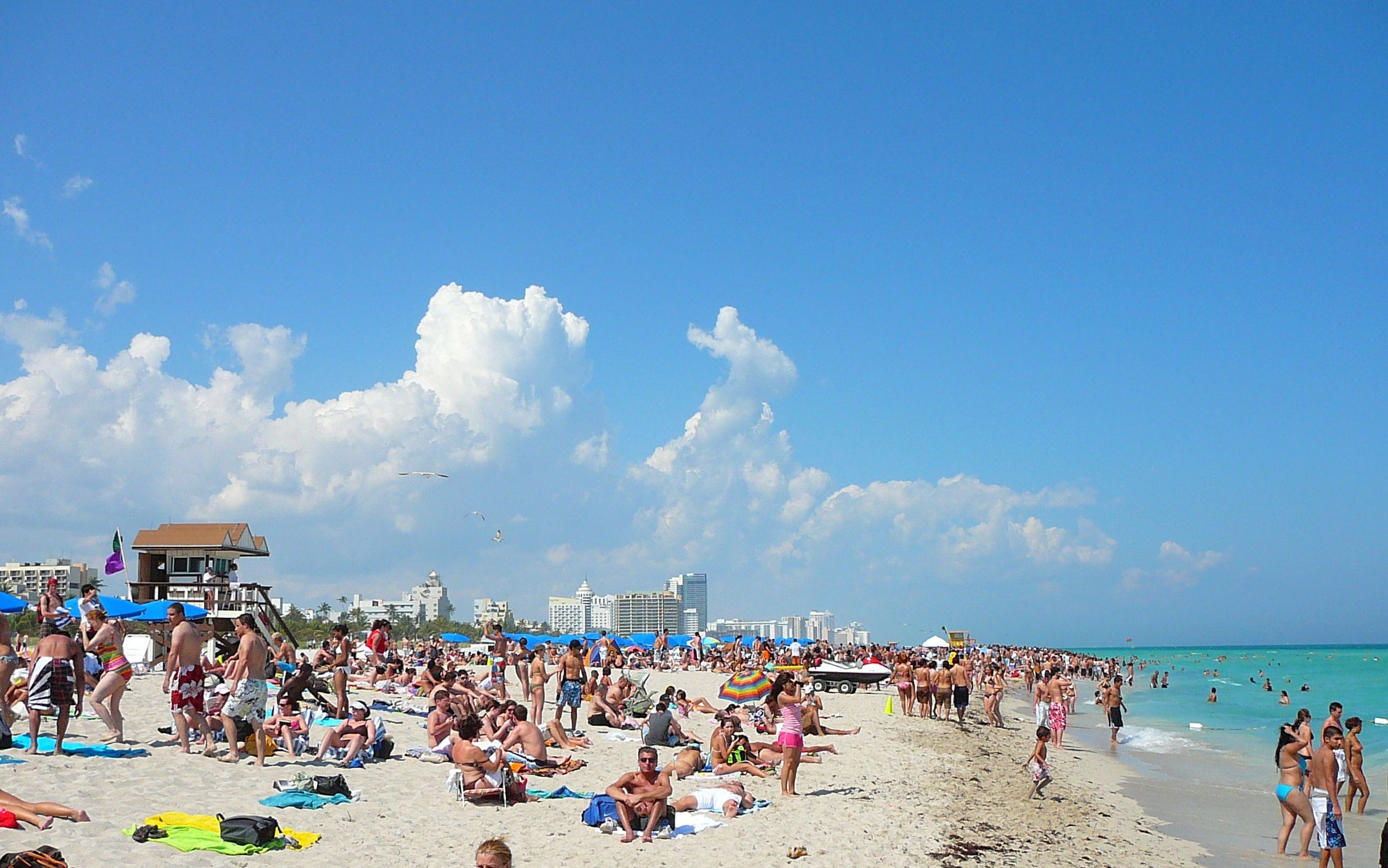Since the coronavirus (COVID-19) first struck the United States earlier this year, one of the main questions people have asked is how colleges and universities nationwide will resume their operations in the fall. College students are a crucial demographic to consider because we account for millions of young people who will be moving elsewhere in the midst of everything going on, living with entirely different sets of people then we've been with the last few months, and constantly going from one class or building to the next, encountering hundreds of other people along the way.
This does not even begin to consider the social gatherings that come along with the college experience, such as parties, sporting events, and Greek life. It also doesn't take into account the fact that people will have to enforce social distancing and mask-wearing guidelines all around campus, or the issue of sanitizing every surface as often as possible.
It's a daunting task and one that some universities seem to be underestimating.
For months after COVID-19 sent students at the University of Kentucky (and around the world) home from school, I and my fellow UK students were reminded time and again by our administration that this fall would look like a “Reinvented Normal." What this really entailed, nobody knew for sure. As the spring semester and summer went on, though, UK had a huge team of experts, faculty, and students working together non-stop on figuring out what our fall semester should look like. With each email update we received, we were continually reassured that we would be physically returning to campus in the fall.
As of a few weeks ago, the school announced that this would indeed be the case. However, our semester would start a week earlier than planned and would end at Thanksgiving break, with no other breaks during the semester to minimize student travel. Everyone will be tested for COVID upon returning to campus and will check in daily using a health monitoring app. Professors who feel unsafe teaching in-person will be allowed to do so virtually, and accommodations will also be made for students with health concerns. There is an extensive document detailing the logistics of the "reinvention," but there is little said when it comes to enforcing wearing masks or social distancing; rather, these actions will be "promoted."
Many students are looking forward the fall semester in a hopeful and trusting matter, and this outlook is far from baseless, seeing as the University was applauded for how it handled the end of the spring semester.
Sarah, a rising senior majoring in psychology with double minors in sociology and criminology, said, "I feel very trusting... Dr. Capiluoto [the University's President] has a PhD in public health... I find comforting the way they dealt with it during the spring, and how they waited to see what was the right decision. They also provided people with resources who needed it. I applied for a WiFi hotspot because I was moving to a new apartment but still had classwork to do, and wasn't sure when I'd have WiFi. They were really on top of it. I respect the way UK has been going about it all. If they make decisions, I know that it's not something we can be mad at the school as a whole about. I do think if they gave tuition back for the fact that we are missing out on some of the college experience...that would be great but also the budget this year will be very tight and they need that money."
Jaycee, an incoming freshman, has a similar outlook on the coming semester and is hopeful that the freshman experience will be a welcome change to what was, for most 2020 graduates, a disappointing senior year. "I'm honestly super excited," she said. "Although a tiny bit worried about how classes will be arranged for maximum social distance! I feel like UK has a really good start-up plan, that has specific and precise guidelines, and now we just have to have hope that the students as a whole follow them."
I, myself, am skeptical of how this return to campus will actually play out. As much as I would love to be there with all of my friends again, UK's plan seems much too hopeful to me, though that is by no means the fault of the University. I believe, as Jaycee said, that the teams appointed to plan for the fall did an incredible job at covering any concerns that students and their families could have, and working through the possible scenarios.
To me, the worrisome — but unavoidable — pitfall of this plan is that it is largely dependent on an honor system, where the majority of students actually care enough to do what is best for everyone.
Many UK students I know have hardly followed social distancing for the entirety of the quarantine. As the months go on, most people (especially college-age students) seem to think that the pandemic has just disappeared. It's as if they got bored of quarantine; the novelty and newness of it wore off, so they pretend like it doesn't exist. UK fraternities, along with other large groups of students, have even begun hosting parties again, and there are a worrying number of people who excitedly attend such events, where masks and social distancing seem to be a myth.
I don't trust most UK students, or young people as a whole, to take the pandemic seriously enough as it goes on. There is a pervading sense of invincibility amongst certain groups — Americans as a whole being one, and college students more specifically — that is unfounded and dangerous.
These are not the people I want to be on campus with in five short weeks.
A rising sophomore who asked to stay anonymous shared similar concerns. “My blood boils every time I see people going on vacation, going to parties, etc. And it makes me so mad when those people complain about quarantining... like, you haven't been in quarantine this whole time. You've been hanging out with different people every day while the rest of us put our lives on hold so that our loved ones don't get sick and die. You will not see me socializing when we get back on campus. In fact, I am appalled that UK is so bent on bringing us back... I predict that people will do whatever they want off campus, which will cause a huge spike and will force us all to go back to online classes."
Cameron, a media arts and studies major and Lexington, KY native, said "[I'm] not [feeling] good about it, I don't think we will stay all semester," upon being asked about our return in the fall.
Bailey, a political science major and senior at UK told me, "Everything administration is doing is in the best interests of the students, so I trust their expertise to know what's feasible... One thing that does make me nervous is all the guidelines are perfect, comply with CDC, proven to keep us safe, one thing I'm not sure about is people's willingness to follow them. Everything that our admin has done so far is to help avoid this, and it will be interesting to see it play out."
At the end of the day, the group that should be the most considered in the University's decision-making are the students with preexisting health conditions and compromised immune systems who will be the most impacted by the virus.
For these students, their lives are literally on the line, and their well-being is especially endangered. A rising sophomore named Katty is one such student. "[We'll be sent back within the] first week, I would say. They're going to take tuition and then make us leave. That's why online and in-person classes have been capped at the same price... The University of Kentucky is willingly putting students at risk for the sake of money while not answering questions adequately. It's like a quote I read... 'Setting foot back on campus is like playing Russian Roulette.'" She went on to tell me that she believes there are inherent issues with the system of students self-assessing and reporting on their symptoms each day to the University, such as the fact that a good number of people with COVID are asymptomatic for some amount of time. They could be unknowingly spreading the virus for days or weeks, which this system doesn't account for.
"As a person with an unknown autoimmune disorder, one thing is certain: if I contract the virus, I will not survive," Katty said. "The reality is, there is no practical way the entire campus and classrooms can be sanitized before students filter in and out, and social distancing and mask-wearing is not enough."
Should we be back on campus so soon? Should UK, or any other university, have even assumed it would be possible to functionally be back on campus in the midst of a pandemic? Sure, they built a great plan, but the very foundation of their plan may be flawed — the same assumption that led most Americans to believe we would overcome the brunt of the virus by the end of the summer, while evidence is mounting by the day that shows will not be the case.
During this time of uncertainties, we cannot be afraid to call out injustices in the decisions being made. After all, everyone, including those in power, is learning more about the best way to survive in the midst of COVID-19 day by day. This will not be a perfect journey, and we cannot be above improving and changing what we once thought was a solution. This year and this pandemic are not normal, and we must stop and ask ourselves the most fundamental of questions about how to protect those we care about, and what aspects of "normal" are worth returning to, rather than rushing back to it blindly.
- What the Coronavirus Means For University Of Kentucky Students ›
- The Education Process With COVID-19 ›
- None ›

